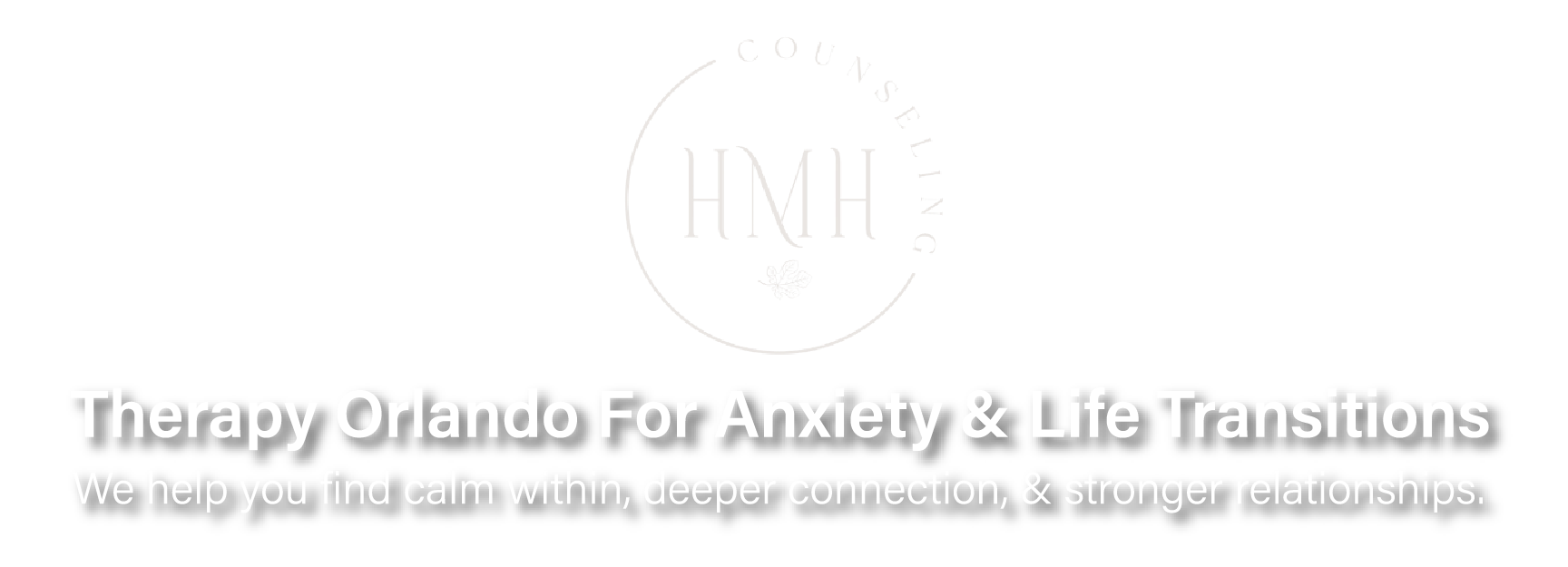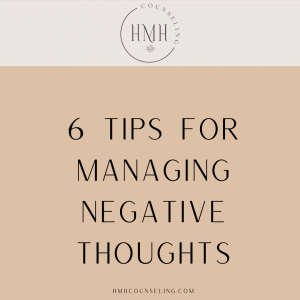November 26 • Written by Jennifer Sierra, LMHC
The holiday season can be both joyous and overwhelming. It’s important to prioritize your mental and emotional well-being while also enjoying the celebrations and gatherings. At Holistic Mental Health Counseling, we understand the significance of self-care, especially during this hectic time of year. In this blog post, we will share 7 holiday self-care tips to help you navigate this season with ease and grace.
Set Healthy Boundaries with Family and Loved Ones
Maintaining your mental and emotional well-being during the holidays requires prioritizing your mental health and setting healthy boundaries. One effective strategy is to create a family calendar of events, ensuring that everyone’s input is valued and considered. If certain family members frequently push boundaries, make a plan to avoid them at holiday events or if possible, have an exit strategy if your boundaries are continually crossed. You are under no obligation to stay in an environment that lacks respect for your boundaries.
Incorporating Self-Care Practices into Your Holiday Routine

Amidst the holiday chaos, it’s important not to neglect self-care. Take time for yourself to relax and recharge. Whether going for a walk in nature or practicing mindfulness, find activities that help you decompress and rejuvenate. Planning intentional alone time, such as waking up 30 minutes earlier for meditation or reflecting on gratitude, can set a positive tone for the day.
Emotional Support: Journaling or Seeking Guidance from a Trusted Friend or Therapist

Journaling or talking to a trusted friend or therapist can provide a safe space for expressing and processing emotions. Take some time each day to write down your thoughts and feelings or reach out to someone you trust for sharing and discussing what’s on your mind. The holidays can be especially difficult if you struggle with anxiety or have unresolved family conflict. It’s okay to reflect and acknowledge those difficult feelings. Remember, you don’t have to navigate the holiday season alone.
Getting Professional Help: Recognizing When to Seek Support

Feeling overwhelmed during the holiday season is common, making it important to prioritize your mental well-being. If you find yourself struggling in your day-to-day life, seeking professional support can make a significant difference. A trained therapist can offer valuable guidance and a safe space to navigate challenges, promoting your overall well-being.
There are several signs worth being aware of that may indicate the need for professional support, such as:
- Persistent feelings of anxiety, sadness, or hopelessness
- Loss of appetite or difficulty sleeping
- Conflict or withdrawal from others
If you notice any of these signs, seeking the assistance of a therapist can make a difference. They can help you address these challenges and develop effective coping strategies. During the holiday season, stress levels often rise, so remember that it is perfectly acceptable to reach out for help when needed.
Cultivating Gratitude to Refocus on What You Have
Practicing gratitude can shift your perspective and bring more peace into your life. Take a few moments each day to reflect on what you are grateful for. This simple act can help you cultivate a sense of contentment and appreciation, even during challenging times.
Letting go Perfection: Being Flexible with Expectations

The holiday season often brings with it a set of high expectations. It is best to approach these expectations with flexibility and realism, both for yourself and for others. When we constantly strive for perfection, we miss out on fully experiencing and enjoying the present moment. It is perfectly acceptable to let go of certain traditions or expectations that no longer serve our well-being.
If the pressure of managing anxiety or finding gifts for everyone becomes overwhelming or causes financial stress, perhaps consider starting a new tradition that focuses on meaning rather than materialism.
It is important to acknowledge that attending every holiday event and preparing elaborate dishes for every occasion might not be realistic or sustainable. Consider a compromise and approaching things differently. For instance, instead of making everything from scratch, consider bringing store-bought dishes to some events. This allows you to participate without spreading yourself too thin.
Additionally, it is completely acceptable to say no to events or activities that feel overwhelming or do not interest you. By setting boundaries and reevaluating how you allocate your time and energy, you can begin to nourish your well-being during the holidays.
One helpful suggestion is to create a list of all the events and obligations during the holiday season. This allows you to prioritize the ones you genuinely want to attend while granting yourself grace for the ones you might need to decline. Self-care and maintaining your mental well-being should be at the top of your priorities during this time.
By embracing flexibility and adjusting your expectations, you can create a more manageable and enjoyable holiday season for yourself and those around you. Letting go of unnecessary pressures and adopting a more balanced approach will contribute to a relaxed and stress-free experience.
Starting New Holiday Traditions

Creating a new holiday tradition can bring a sense of excitement and joy to the season. Whether it’s a new family activity, a random act of kindness, or a solo adventure, starting a new tradition can help you create meaningful memories and embrace the holiday season with a fresh perspective.
A helpful question to ask yourself is: Why am I doing this? What significance does this tradition hold for me and my family? Asking these questions can enable you to cultivate traditions that embody personal meaning and align with your values and desires.
Conclusion
Navigate this holiday season with ease and grace by practicing self-love and self-compassion. By setting healthy boundaries, prioritizing self-care, seeking support when needed, focusing on gratitude, being flexible with expectations, and starting new traditions, you can create a holiday season that is both meaningful and manageable. Your well-being matters, and by taking care of yourself, you can truly enjoy and embrace the holiday season.
If you or someone you know is struggling with anxiety or any mental health challenges during the holiday season, reach out to a professional therapist for support. Taking care of your mental well-being is important, and seeking professional help can provide valuable guidance and tools for managing stress and finding balance. Contact HMHCounseling.com today to schedule a consultation and prioritize your mental health this holiday season.
References:
Mayo Clinic Health System. (2021, July 20). 11 Tips for Coping with an Anxiety Disorder. Speaking of Health. Retrieved from: https://www.mayoclinichealthsystem.org/hometown-health/speaking-of-health/11-tips-for-coping-with-an-anxiety-disorder
Disclaimer: The content provided on this blog is for informational purposes only and is not intended to serve as professional advice, diagnosis, or treatment. The information shared is based on our understanding and interpretation of various mental health topics. It is important to recognize the complexity of mental health issues, and the advice provided here may not address the specific needs of every reader. The content on this blog should not be considered a substitute for professional advice from a qualified mental health professional. Always seek the advice of a licensed therapist or other qualified mental health provider with any questions or concerns you may have regarding your mental health or well-being.




